If You’ve Used Dermabond…
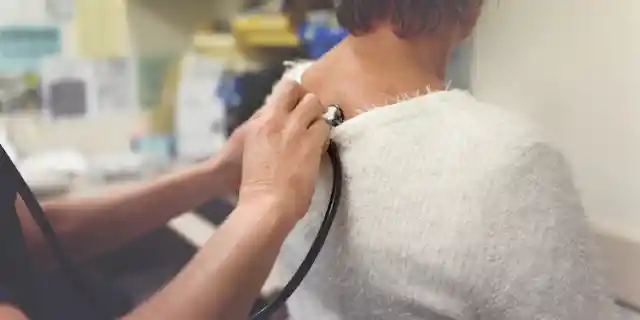
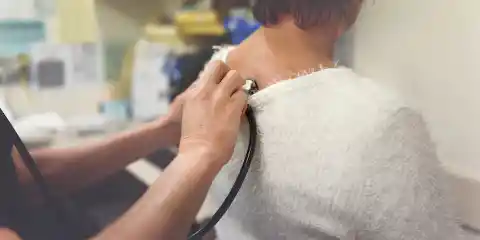
When you go to see your doctor, your hope is that you’ll get the best possible care, right? You might also expect to get an accurate, thoughtful diagnosis of your issue, as well as a treatment plan, including any medication that might be necessary. After all, doctors always know the right thing to do, right? Well, that was a cute thought. The reality is that doctors are just as human as the rest of us, and just as prone to making mistakes – and awkward ones, at that.
If you’ve ever been on the receiving end of some less-than-stellar advice, or a real misdiagnosis, you know that going to the doctor might just end in an uncomfortable misunderstanding. Mistaken medication, unnecessary surgery, and missing medical equipment aren’t what you expect going in, but that’s just sometimes how things go. The following are stories from real doctors who are coming clean about the most awkward “uh-oh” moments they’ve ever had. Some of these are unfathomable…
Five Years And 35 Meds Later
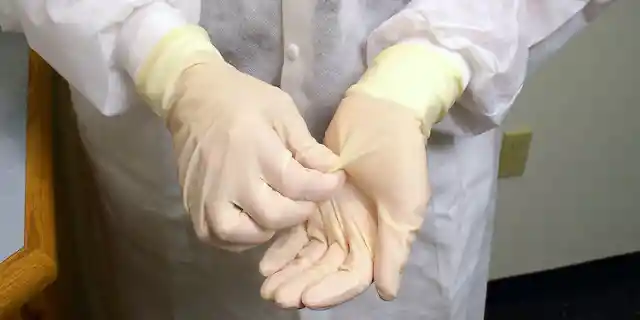
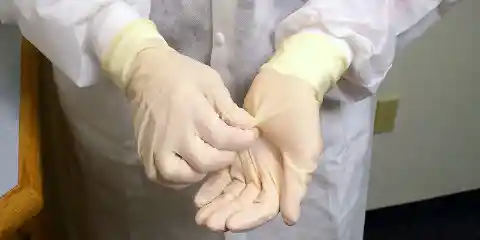
Not a big mistake, but definitely awkward at the time. I was gluing up a laceration on a 14-year-old girl’s forehead. Anyone who has used Dermabond before knows that the stuff is runny and bonds very quickly. Well, I glued my glove to her face. Her mum was in the room, and I had to turn to her and say, “I’ve just glued my glove to her face.”
Fortunately, they ended up getting a good laugh out of it, but it could have easily gone a totally different way. I’ve seen patients and parents lose their minds over much less. The reason this was such an “oh, no” moment was that Dermabond doesn’t really have a solvent.
It’s meant to bond and stay bonded. The best I could do was cut as much of the glove off her forehead as I could. She had to walk around with a piece of glove on her head until the glue dried up. Probably didn’t do wonders for her social life. Reddit user: pikto
Dentists Are Doctors Too
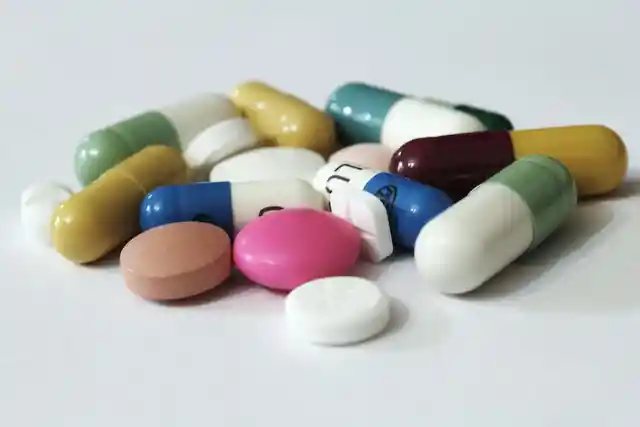
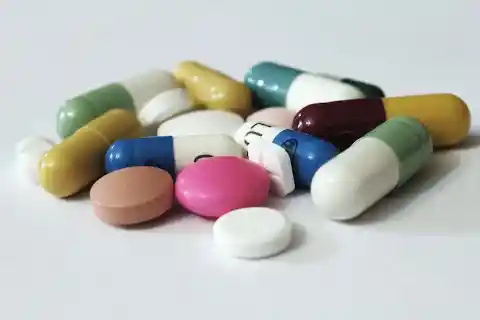
My grandmother has had diabetes for about 20 years and takes a handful of meds to help manage it. About 10 years ago, she developed a persistent cough. It wasn’t bad; she said it felt like a constant tickle in the back of her throat. She went to her doctor to find out what was going on, and he ordered a battery of tests, concerned that she was developing something more serious, like pneumonia, lung cancer, etc.
All the tests came back negative, so he prescribed a cocktail of pills to help combat it. Over the span of five years, she tried about 35 different meds and none helped. One day, when she went for a routine check-up, her normal doc was out and she saw one of the on-call residents. He looked at the barrage of pills she was on, and asked what they were for.
When she explained, he replied, “Oh, the cough is a side effect of this one particular drug you’re on to regulate your insulin. If we change you to this other one, it’ll go away.” You’d think that ruling out medication side effects would’ve been the first thing to consider, no? Reddit user: silence1545
A Potential Career Ruined
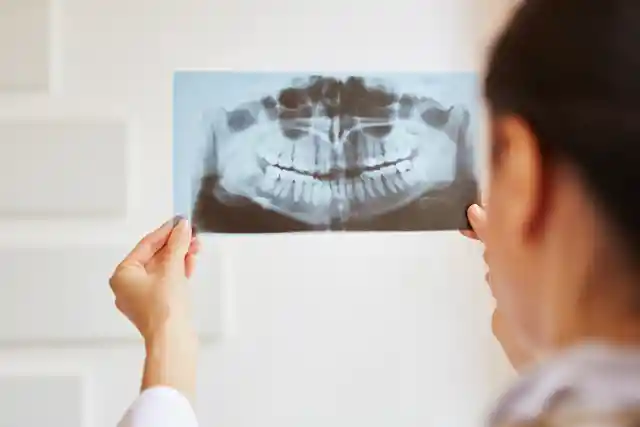
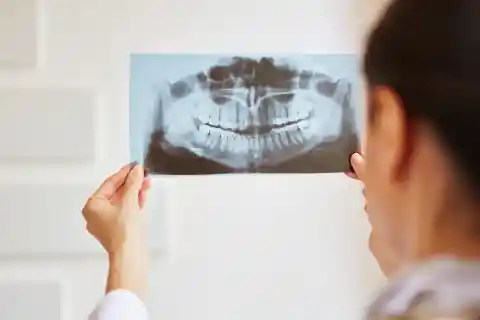
Dentist here. I was performing an extraction, and preparing for the case, not realizing that I had the x-ray flipped the wrong way the whole time. I’d been looking at the film backwards and ended up pulling out the wrong tooth. When I realized my mistake I started freaking out, only to find out that, by some dumb luck, the tooth I extracted had to go as well.
For the record, this happened in dental school, so safe to say it was a learning experience. It was my first and very last time to make that mistake… Upon extracting the correct tooth, I explained to the patient that his case had “changed” a little. I didn’t quite fully explain that I made a fortuitous mistake, instead telling him we had to extract more teeth than we originally planned.
He was fine with it. You’d be surprised how much more willing patients are to receive treatment when everything is free. Also, for anyone wondering why a dentist is commenting, dentists are doctors, too. Can you hear me saying that in a really whiny voice? Reddit user: YoureOnlyLameOnce
I Thought I Could Save Some Time


Photo: twenty20.com/Cah_Ndeso
I’m a surgical resident and my focus is on pediatrics. I’ve done a fair amount of surgeries so far, and have seen it all. But, the worst was a case with a then 8-year-old kid. I was operating on his ulnar (that’s med-speak for upper arm) and accidentally caused damage to the nearby nerve.
He lost about 20% of his sensory stimulus because of my slip-up. He wanted to be a violinist. Hopefully he was able to work around it. Kids are pretty resilient like that. But, I’ll probably never stop thinking about how I might have ruined the potential career of the next prodigy violinist. Reddit user: imsorryitsmyfault
Don’t Touch Your Face
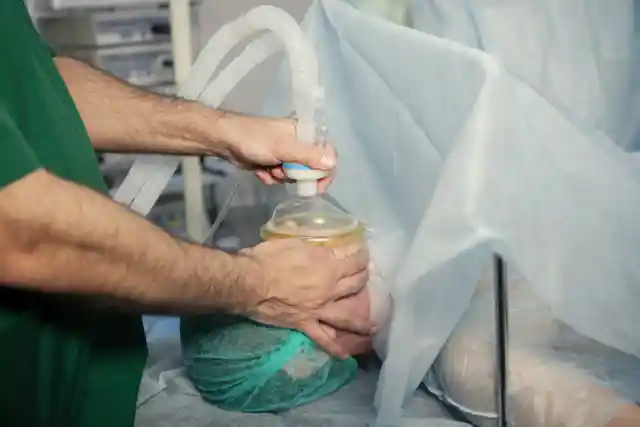
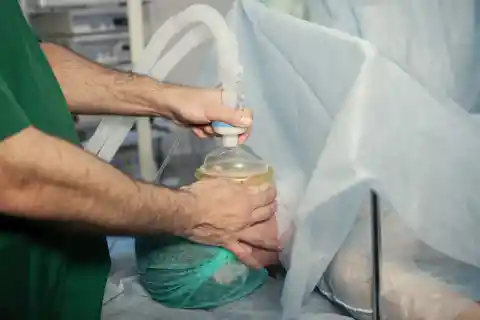
Photo: shutterstock.com/ fotosparrow
When I was in training (I’m now a doctor), I was doing an anesthesia rotation, and the attending physician left me alone in the room with an ortho case undergoing surgery. While not my specialty, it’s just part of the training everyone has to do to understand how all the pieces fit together. Anyway, I’d done a few cases already, so they felt comfortable leaving me “in charge.”
The patient was getting his leg bone fixed in some way – it was a long time ago. I thought the case was almost over, so I started to wean him off anesthesia because I didn’t want them to be finished and the patient still under, thus keeping the room for too long. Anyway, I weaned too fast, and gave the reversal drugs. The patient woke up and started jerking his limbs so much that his pulse oximeter (the thing we clip to your finger) fell off.
I quickly re-sedated him. Not an ideal move, but it was either I put him back under or risk damage to his leg. Apparently, it’s a pretty common rookie mistake. I’d gotten too comfortable too quickly, and thought I’d found a way to save time. I have nothing but respect for anesthesiologists. Reddit user: bummer01
That’s Not How You Drink Orange Juice
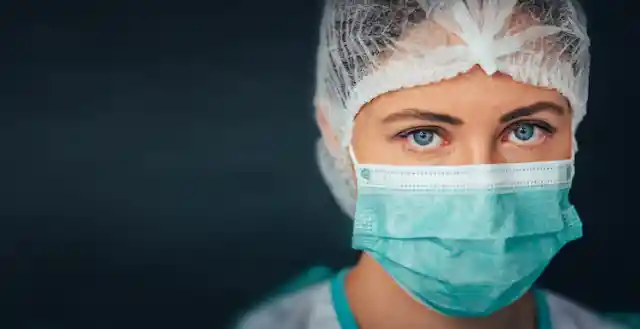
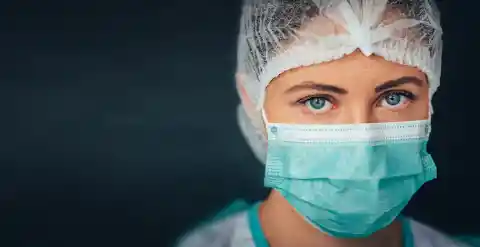
Photo: shutterstock.com/kovop58
I remember back in medical school the first time I actually got to scrub in on a case. We were removing a small bowel obstruction from the patient and, about midway through the procedure, my face mask started to fog up. At this point in my training I didn’t have the common sense to realize or remember that my face mask wasn’t sterile.
Needless to say I went ahead and “face-palmed” myself trying to adjust it – both literally and figuratively. My gloved hands were all over that mask, pulling at it and trying to get some circulation going. The scrub nurse lost her mind on me, and I had to go re-scrub. The whole ordeal was pretty embarrassing at the time, but I learned a valuable lesson: don’t touch your face while you’re in surgery. Reddit user: Heal_With_Steel
He Didn’t Want To Shoulder The Burden


My brother finished his residency last year. During his residency, I got to hear a lot of stories of mistakes residents had made. I guess one time a doctor told a first day resident to give the patient orange juice but, since the patient was sleeping, she put it in his IV. Personally, I don’t think that it takes a genius to realize that’s not how you give someone juice.
She went through rigorous years at medical school only to end her career on the first day. Needless to say, the patient unfortunately didn’t make it, due to this error. I’d always thought that attending doctors were so hard on residents, but that particular story made me realize why that’s what’s actually necessary. Reddit user: aquarient13
Third Time’s The Charm


Photo: shutterstock.com/ ShotPrime Studio
I had a doctor tell me that I’d never be a rower or be able to play tennis again. I was 15 and had broken and dislocated my shoulder in a horseback riding accident. Turns out, he just didn’t want to be bothered with setting my humerus correctly, or order ordering an MRI to see if there was soft tissue damage.
He told my mother that he didn’t think that women really needed to be athletes, anyway. So, what better course of action than to sabotage one? I still have pain on a daily basis because of the carelessness with which he treated me. I couldn’t do pushups for five years, and I’ll never be able to do a pull up; I can’t hold anything above my head because my shoulder doesn’t have much upward mobility.
I doubt he ever really thought of that as a mistake, but it directly led to him being ousted and blacklisted. I eventually found a female former Olympian who also happens to be an orthopedic surgeon. She saved my athletic career when I was 18. I now guide kayak tours, row on a varsity collegiate level, and can finally do 10 pushups. I’d love to go “Pretty Woman” on him and show up with a medal or something and go, “Remember me? Big mistake.” Reddit user: malobaby
He Forgot To Breathe
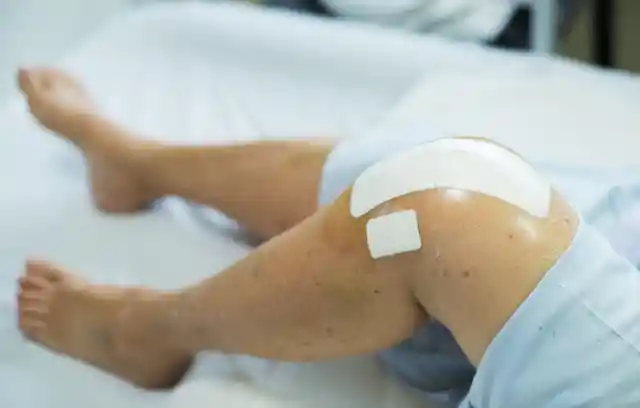
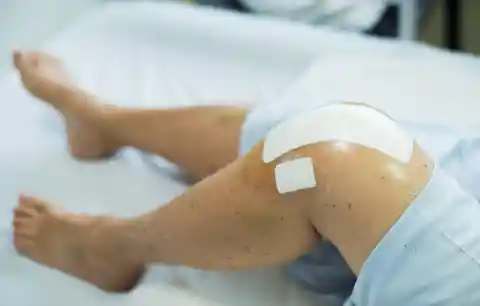
Scrub nurse here. A patient had gone in for surgery on their right knee. The surgeon did his job and everything was fine, except … it turned out he did the surgery on the wrong knee. The patient was really good about the whole thing and had a bit of a laugh (I wouldn’t have been that chill). Fast forward a few days and the patient returned for surgery on the correct knee.
The surgeon repeated the surgery on the patient’s knee, and this time he forgot a sponge in the knee. But, guess what? It was still the wrong knee. So, the poor patient had to come back a third time to get his knee surgery. The last time, they finally got it right. Granted, they also insisted that a different surgeon handle it. I’ll always remember what the guy said the last time he went into the OR, “Third time’s the charm, right?” Reddit user: altiif
Our Mistakes Can Really Hurt Someone
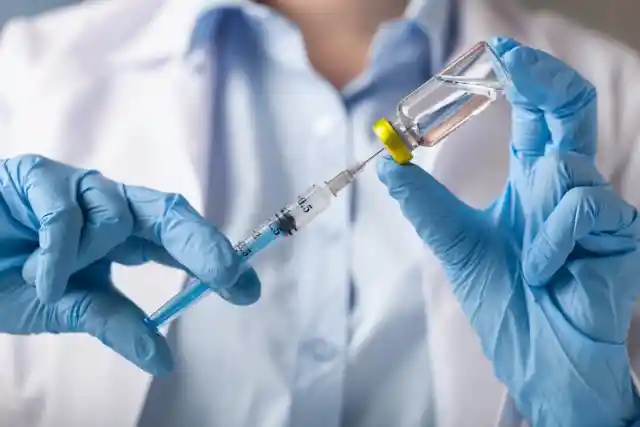
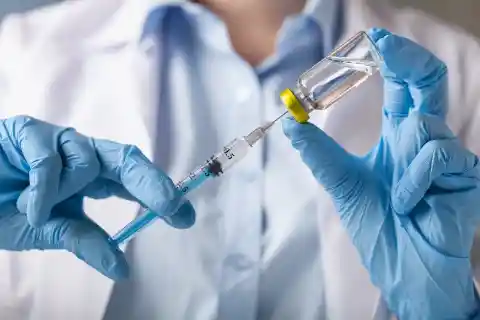
I’ve been practicing anesthesiology for about 12 years. I work daily around specialty nurses in the recovery room on a daily basis, and nurse anesthetists who routinely administer powerful narcotics in a closely monitored OR environment. I’d gotten very comfortable walking through the recovery room and giving verbal orders to cover situations that went beyond normal criteria.
A patient was in a fair amount of pain, and the normal level of narcotics weren’t keeping him comfortable. The nurse caring for him described the situation to me, and I said, “Let’s give him some Dilaudid.” Those were my words, and they’re NOT how to give a verbal order for such a powerful narcotic. I didn’t take into account that this was a new nurse, and she was unfamiliar with Dilaudid.
About 20 minutes later I was called to a cardiac arrest on the floor. The young nurse had administered 2mg of Dilaudid (a relatively small volume, but also the full amount in the vial and a WHOPPING dose) to the patient. When he got comfortable, she took him back to his room, where the Dilaudid kept him so sleepy and comfortable that he literally forgot to breathe.
We were able to save him, and later I had to explain to the nurse that it was in no way her fault, and that if a doctor ever tells her to just “give them this,” she should question them and ask how much. Thankfully disaster was averted that time – but it was close. Reddit user: surfwaxgoesonthetop
Because I Didn’t Speak Up
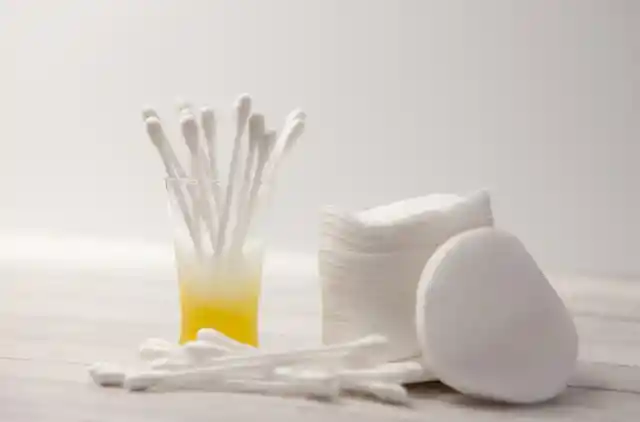
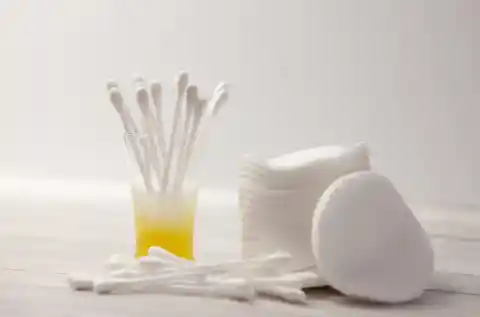
I left a swab in a patient once – those wads of cotton that we use to mop up fluids during surgery. He had a pacemaker and it was a complicated operation. We just lost count of the swabs. Unfortunately for the patient, his wound became infected and it only became apparent that there was still a swab in there when we went back in a few weeks later.
Luckily, because we were honest with the patient and open about the error, it was only a slap on the wrist. I’m now paranoid about swab counts and demand rechecks every time. I suppose it’s made me a better doctor, though. Mistakes are how you learn, but it does suck that my mistakes can actually really hurt someone. Constant vigilance. Reddit user: bushio_underwater
It Was A Happy Accident
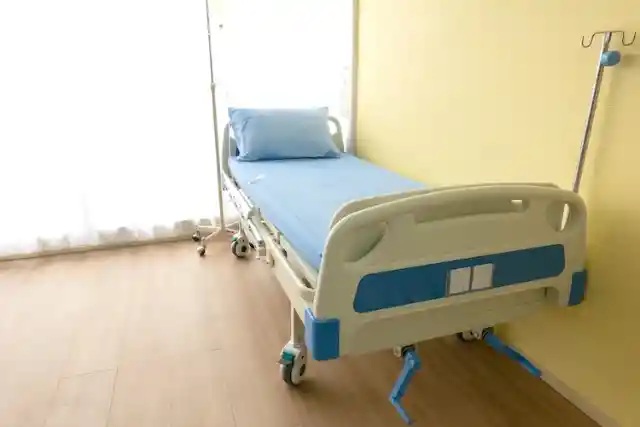
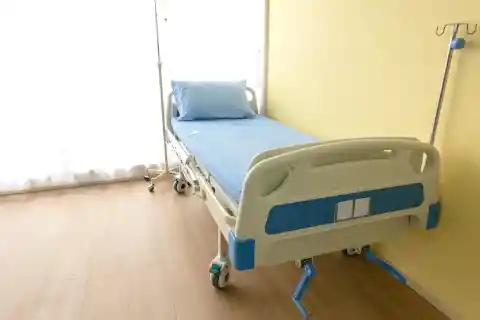
My biggest mistake was not disagreeing with a patient’s attending doctor over how to treat a patient. The attending made a bad call in the treatment of the patient. I could have confronted him about it, but I didn’t because he was popular and well respected.
I was just a second-year resident. I went along with the major error he made, but thought I could help by changing another minor error. About 10 hours later, the patient was gone. The attending blamed me based on the minor change I’d made, and I was made to take the fall so that he didn’t lose face.
Even though in private all the local physicians said that they agreed with me, I was still forced to take the blame. What made the whole ordeal even more awkward for me was that the attending doc never even figured out what his mistake was. Reddit user: drmike0099
Always Check And Then Check Again
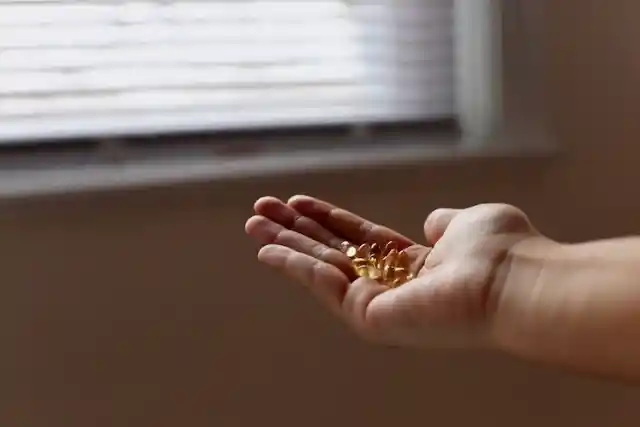
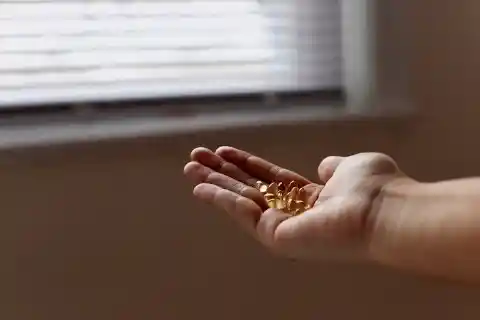
I’m a registered nurse. I had two patients in rooms next to each other. They had similar conditions –hypertension and AFib (both cause an irregular heart rate) but were being treated with different medications. I accidentally gave patient A all of patient B’s meds. About 10 pills in total. Fortunately, I realized it as soon as she swallowed the cupful of pills.
She was elderly and had dementia, so she didn’t question what meds she was taking. Thankfully it was nothing she was allergic to, and she didn’t have an adverse reaction. I had to call the doctor and inform her family. The doctor was understanding, telling me to just make sure I monitor her blood pressure and heart rate. I was practically in tears when I told the family, who were also very understanding.
I learned not to rush, and triple check everything. The patient was okay. Her blood pressure was actually better than it was on her usual meds. So, there was a silver lining to it all. She ended up having her medication changed and, from what I’ve heard, is now doing better. All in all, a happy accident. Reddit user: squattmunki
He Was Extremely Cool-Headed About It
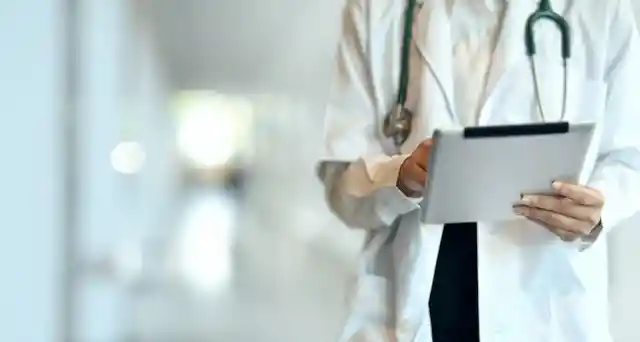
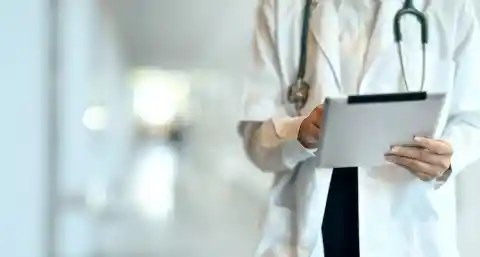
As an intern, I was told to round on a patient who was admitted for a workup due to coughing up blood. It was 6:00pm and I’d been up for about 20 hours. I went up to the floor and grabbed her chart. I briefly scanned through it and noticed that the oncologist had confirmed the diagnosis of small cell lung cancer.
I went to the 88-year-old lady and her 92-year-old husband and informed them that she had small cell lung cancer. Her husband was a retired pediatric surgeon. The news struck him as unusual, considering both were never-smokers. I told him I was incredibly sorry, that these things happen, and the oncologist did confirm the results.
The husband then proceeded to start quizzing me on all of my medical knowledge. Long story short, I had the right chart but I just happened to have the wrong room. I told someone they had cancer when they didn’t. Always triple-check your charts. Reddit user: Medigeek
His Intern Questioned It And Saved A Life
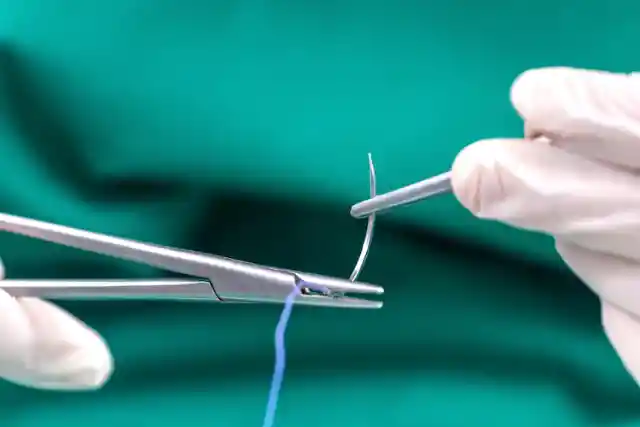
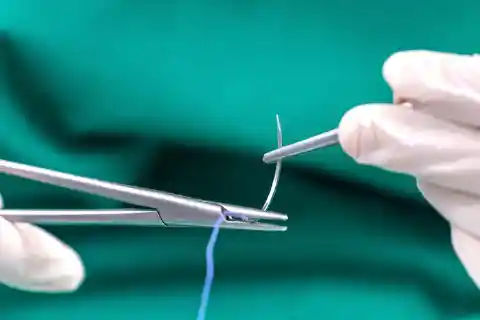
During my first week of intern year I was on the ICU team. A patient who just got out of open heart surgery ‘coded’ (his heart stopped, aka asystole). The surgeon opened him back up in the recovery room and put in a pacemaker. He asked me and my fellow intern if we wanted to close – meaning put the last layer of sutures in. We jumped at the chance.
As I was tying a suture I mistakenly yanked the pacemaker wire out, and the guy’s heart stopped again. I could have quit right there. Instead the surgeon said “no problem” and just stuck the pacemaker wire back down into the guy’s heart and let me finish suturing. I’ll never forget how chill that surgeon was. He could have easily ripped me a new one. Instead, he stayed calm and let me keep learning. Reddit user: Healyb
I Lost A Tooth Over It
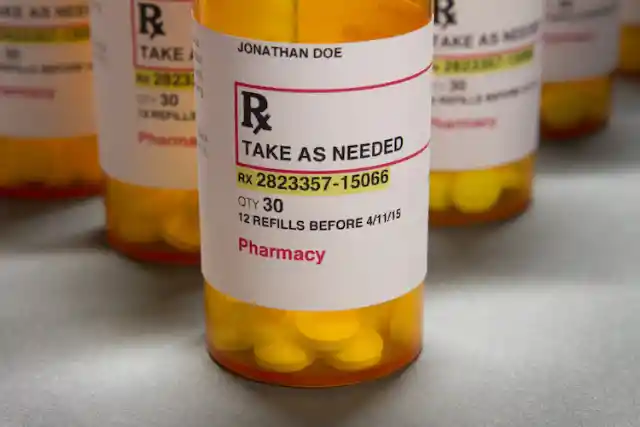
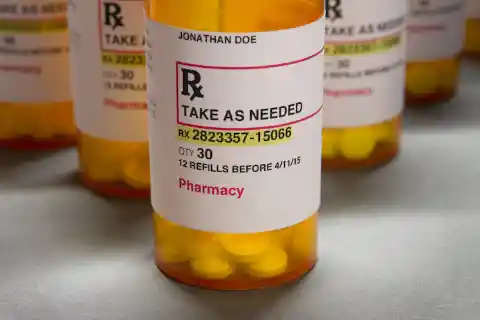
During my first year of residency I wrote a prescription for medication at a dosage that didn’t exist. Thank heaven for that, because if they did make it at such a high dosage, there’s no way the patient would have lived. I was completely exhausted. I know that’s no excuse, but that’s how it happened. That’s how a lot of mistakes happen in the hospital.
The pharmacist called to check on the dosage after one of his interns questioned it. Those are the moments you realize you need to sleep occasionally and stop running on auto-pilot. It’s the most terrifying moment to realize that you almost took someone’s mother from them. I haven’t made that mistake again, but I’m so grateful to that pharmacy intern for asking the question. Reddit user: DoctorChick
All Because Of A Typo
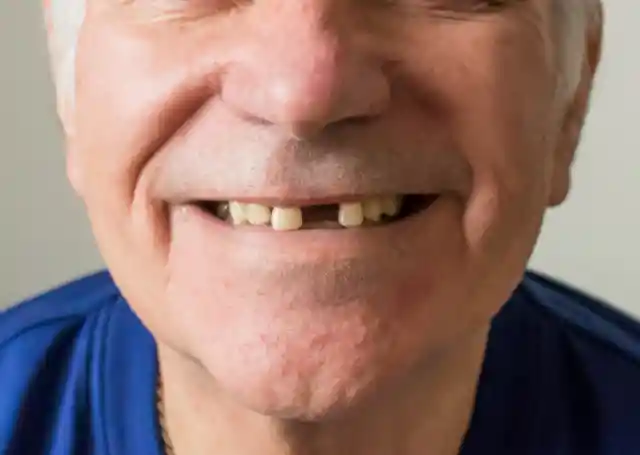
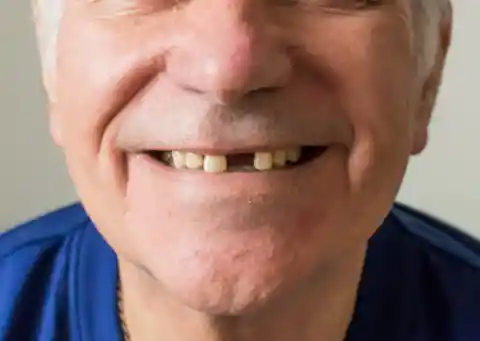
Photo: shutterstock.com/metodej
I was putting Lidocaine (a numbing medication) in a soldier’s big toe to remove his toenail. I pushed the needle down too far and hit the nerves on the bottom of his toe. He kicked me with the foot that had the needle sticking out of it; the needle wobbled back and forth, still sticking out of his toe.
He gritted his teeth and let me get the needle out, and then had a good laugh about how ridiculous he must’ve looked with the syringe dangling from his toe. Easy for him to laugh, though; I later lost a tooth because of the impact. Yup, he’d kicked me right in the face. Not that I didn’t kind of deserve it. Always pay attention to what you’re doing. Reddit user: [redacted]
He Wasn’t One Of The Most Promising Students


I was working in a call center where we gave pathology results and advice to doctors. The problem/mistake escalated to me, as I was the supervisor of the team, and it still makes me shake my head. This one doctor has the histopathology result of a breast lump. The summary of the result reads “There is evidence of malignancy.”
The result is sent to the specialist, the specialist calls the patient to come in for immediate surgery, and she’s prepped for surgery. Then, before they start, a fax comes through to the OR. It’s the same report again, except there is one minor change. There’s an extra word in the summary…. the word ‘no.’ “There is NO evidence of malignancy.” It was a typo from transcription of the histopath’s report. This poor woman almost had an unnecessary surgery over a typo. Reddit user: [redacted]
It Made Me More Willing To Act Immediately
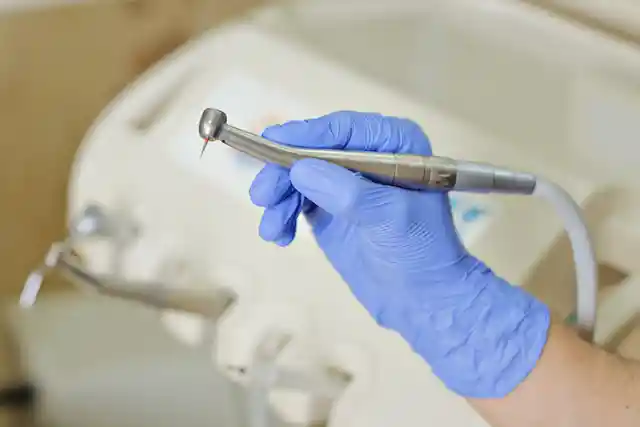
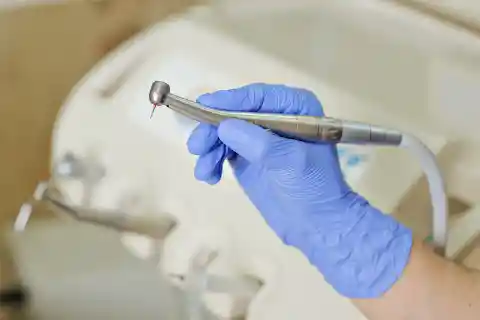
I’m in dental school. For those of you who don’t know, the third and fourth years of dental school involve providing treatment to real patients in the clinical setting. We do all of the procedures that a dentist does, but under the supervision of professors. It’s a lot like a medical residency. Our residencies consist of specialty training, or continued improvement on general dentistry technique and efficiency.
I was a first year student assisting a third year student. He ended up drilling the wrong tooth, and was put on clinical probation. This is very uncommon, I will say, but he was not one of the more promising candidates at my school. So, in retrospect, it wasn’t a total shock. Obviously this is a giant no-no for us, akin to a surgeon operating on the wrong leg. It was a great lesson for me. Reddit user: [redacted]
Don’t Expect To Be Perfect, Just Better
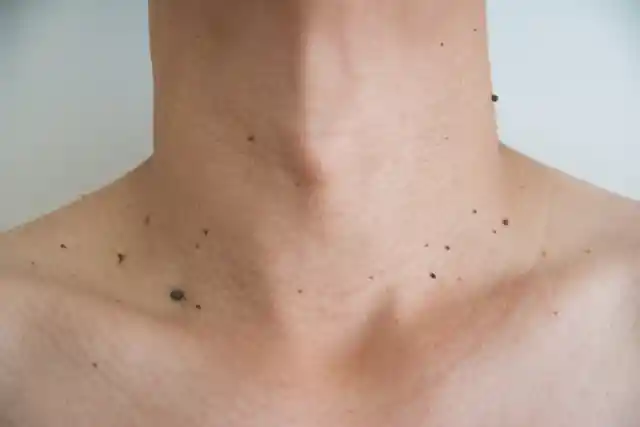

I’m a physician assistant and I work in a dermatology private practice. We do full body checks (essentially assessing the skin for moles, cancer, or other abnormalities), and our practice has a reputation for being quite conservative with biopsies. Now this can be a good or a bad thing in the long-run. If nothing’s wrong, then we didn’t waste your time or money. But, if it’s actually something, then we get to feel dumb.
Several months ago, my colleague did a full body check on a middle-aged male. He saw a dark brown 4mm mole with a speck of black in it on the left shoulder. It had regular borders, so the only indication for biopsy would be the variegated colors. He opted to be conservative and monitor the mole for a few months.
Any time we monitor something, the medical assistants are supposed to make their notes in the patient’s chart so we can remember on the patient’s next visit. This particular mole hadn’t been mentioned in the chart, and the spot was never re-checked at his follow-up.
Fast-forward six months and this poor guy now has a malignant mole on his left shoulder and has to have surgery to remove it. What stuck with me was that he blamed himself for not having it re-checked. After this I’ve become a bit more aggressive about biopsying something with only one criterion of abnormality. Reddit user: ShangryYoungMan
He’d Woken Up In Worse Places
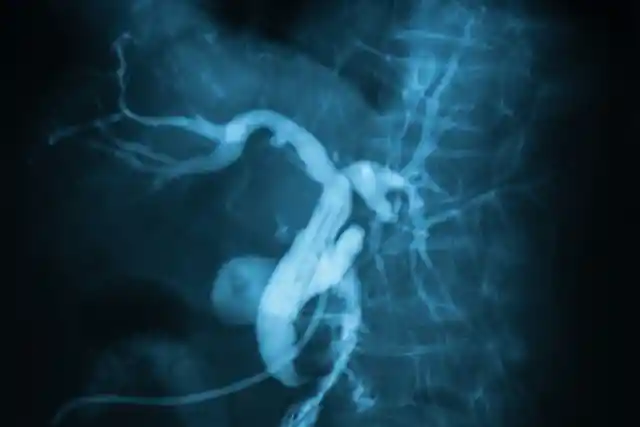
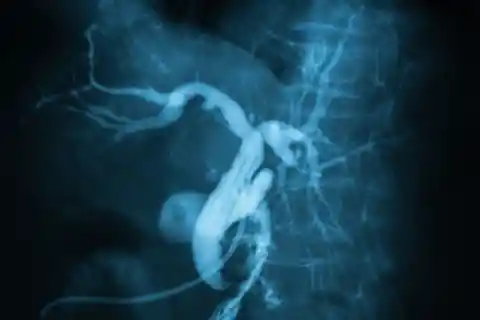
I used to work at a hospital as an orderly; the biggest mistake I ever saw was when a surgical intern was doing an arteriogram on a patient in the ICU. (You run a line into an artery and pump dye into it – think of it as a heavy-duty X-ray, or lightweight surgery.)
He messed it up, nicked the artery, and almost ended the patient’s life. It was very dramatic because the senior doctor observing him had to jump in and take over, basically performing surgery on the patient in the hallway. He saved the guy’s life, but the intern was really torn up.
He asked the doctor if he should quit medical school (after five years, literally a heartbeat away from being an M.D.) The doctor was actually really compassionate and told him mistakes happen to everyone and not to expect to be perfect, just train to be better. Reddit user: JimmyJazz2000
He Continued To Ask For Everyone Else’s Meds
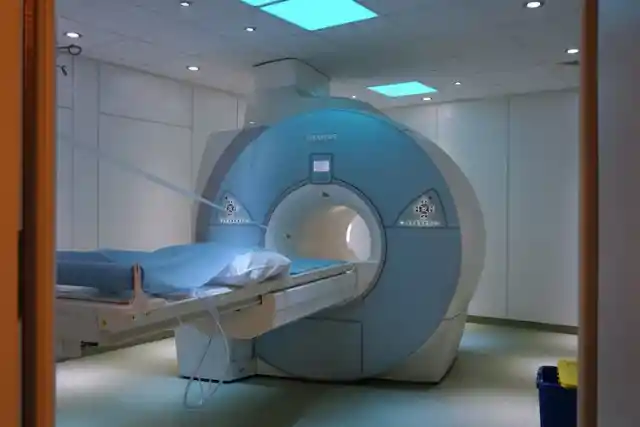
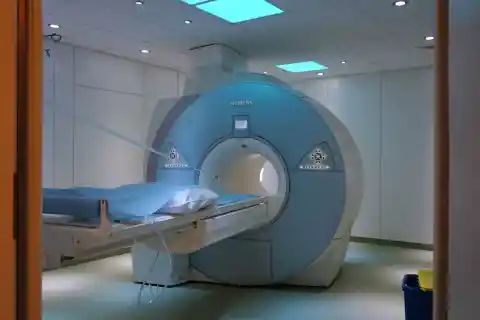
There was that one time I accidentally left an elderly patient in the MRI tube overnight. It was late and I was tired. Don’t judge me. Everything had gone smoothly and the patient had been super quiet the whole time. I honestly thought that the nurse had come and taken him out of the machine, but turns out he’d fallen asleep.
I can’t imagine how scary it was for him to wake up and still be in that tube. He was a really, really good sport about it, but I felt so bad. I made a point to find out what his favorite books and snacks were and sent him a huge gift basket to apologize. He sent me back a lovely letter saying that he’d made far worse mistakes and woken up in far worse places. Reddit user: CypressBalto
They Saw My Mistake As A Life Lesson


On my first day as a camp nurse for people with intellectual disabilities, I gave nine pills to the wrong guest. I didn’t know who I was looking for and asked my colleague to send in the next guest. His roommate – who has a lot of drug allergies – walks in and tells me he’s the person I’m looking for. The same colleague confirmed, from afar, that he was the right person.
Stomach dropped when the actual person I was looking for came in a few seconds later. We called poison control and, luckily, most of the pills were vitamins. The ones that weren’t vitamins were either similar to meds the guy was already taking, or in therapeutic low-dose form. He was fine and still continued to ask for everyone else’s pills at all times just in case he “had something new.” Reddit user: ironmaven
I Still Remember The Fear
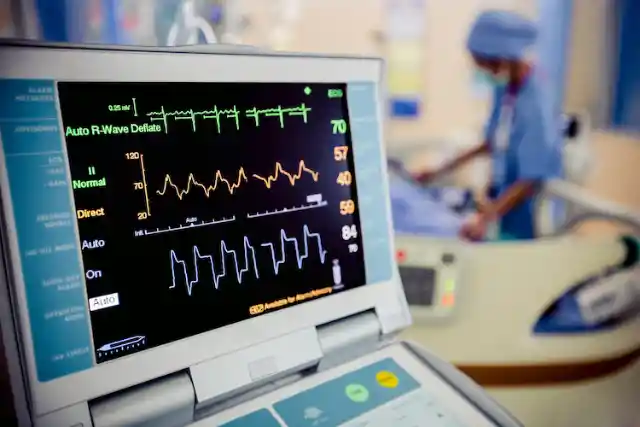
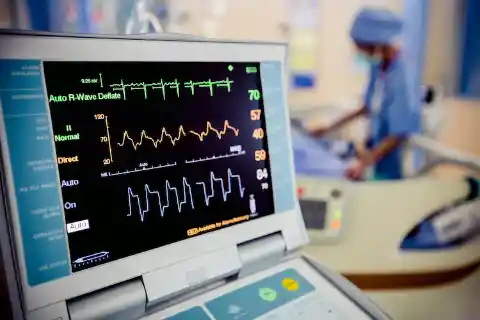
Psychiatry resident here. I ordered q2hr (vitals to be taken every two hours) on a patient who was withdrawing from alcohol, which can be fatal. Both nursing and I screwed up by completely forgetting about the patient for over four hours. That may not sound like a big deal, but it is. In a withdraw patient, vitals can change rapidly.
The patient ended up living, but spent some time in the intensive care unit due to our negligence. Now, I use my smartphone to set alarms for really important patients so I don’t miss stuff like that. Honestly, I’m surprised that his family didn’t try to sue the hospital. They spun it as a life lesson. A reminder of what addiction can do. Reddit user: jamesinphilly
If He Hadn’t Admitted His Mistake…
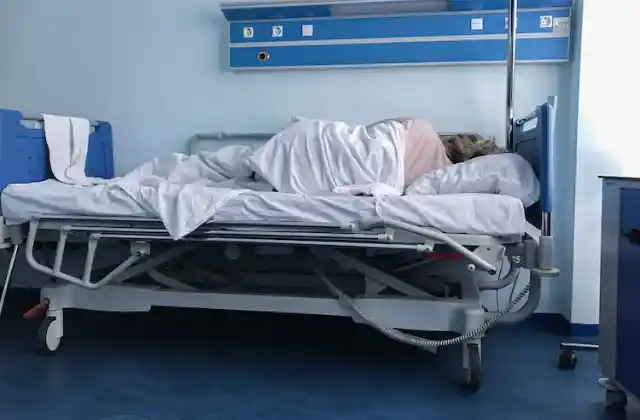
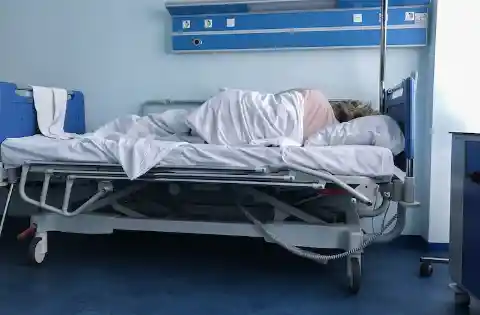
It was my first year on the job. I was an intern and I was on call. I gave a confused and aggressive dementia patient an antipsychotic dose of haloperidol, and put him to sleep for four days straight. He developed bed sores and possibly pneumonia. I was too scared to follow up what happened to him afterwards, but I’m sure he was angry.
That was the first and the last time I made that mistake. You never forget your first really big “uh-oh” moment as a doctor. Fortunately, mine didn’t result in loss of life like some of my fellow interns. I’m an attending physician now, and I always remember to be compassionate to interns. I still remember just how terrifying it is. Reddit user: trustydoctor
It Still Bugs Him To This Day


I worked in a pharmacy and the pharmacist dispensed the wrong strength of antibiotic syrup for a baby – it was a higher strength, but there was no risk of overdose. The dad was a high profile lawyer, and he came back and confronted the pharmacist. (Just so you know, insurance companies tell pharmacists to never admit guilt. Ever. Not even if you made a mistake. Just don’t admit it, let our lawyers take care of it.)
So, the lawyer is confronting the pharmacist and the pharmacist says, “I’m so sorry, I admit I made a mistake. I thought I double checked my work, but I made an error. I have no excuse other than I’m tired. I have to take responsibility for it. Did you give any to your child?” The lawyer responds, “If you hadn’t admitted your mistake, I’d have sued you.” But, because the pharmacist admitted his error, the lawyer let it slide.
Also, they hadn’t given any to their kid, thank goodness. They’d actually read all the information on the bottle before doing anything – which is something I’d advise everyone to do with any med, particularly before giving anything to a child. So, it wasn’t my mistake, but it was a lesson to us all to not overwork ourselves. Reddit user: [redacted]
Too Much Of A Good Thing


Photo: shutterstock.com/Luis Molinero
I’m only a med student, but I used to work for a family practice physician back in high school. He claimed he’d been practicing medicine for 51 years, and I’m inclined to believe him. Anyway, I can be sort of an arrogant person, so he’d tell me stories about the times he screwed up as a way of keeping me on the straight and narrow.
It worked, too. One of the stories he told me was back when he was a young doc, not too long after he got out of the army, and a 19-year-old kid presented clinically with a persistent cough. Thinking nothing of it, he sent the kid off and told him to come back in a week if it didn’t clear.
Sadly, the kid ended up passing away a day or two later from CHF (congestive heart failure). Apparently he was a diabetic that either was undiagnosed or did a poor job of managing it, but it still bugs him to this day that the doctor missed it. Reddit user: [redacted]
The Best Sleep They’d Had In Years
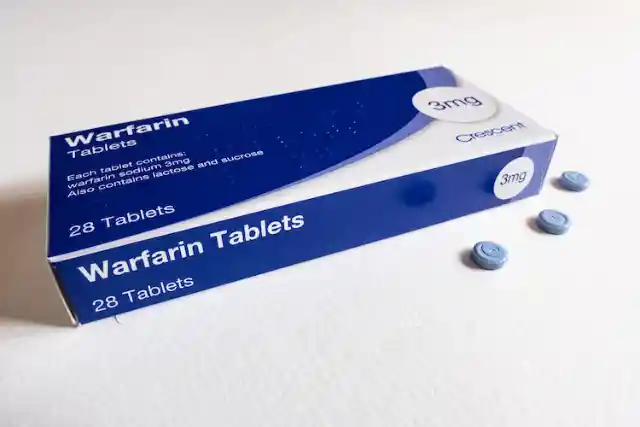
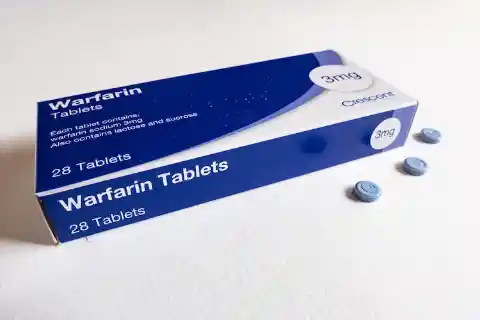
Not a doctor here, but I did witness a pretty good medical screw up first hand. Years ago, my father was taken to the hospital as he was complaining of chest pains. My mother was very concerned so she took him to the ER, got him checked in, and then picked me up from school so we could be with him at the hospital.
He’d been there for a few hours and the chest pains had subsided. A nurse came to check on him and asked how he was doing. He replied that he was feeling better as far as his chest was concerned, but he was feeling dizzy and light headed. The nurse left and returned with another nurse who checked my dad’s IV.
Apparently they had given him much more blood thinner than needed, and were slowly turning his blood into water. They promptly fixed the IV and then kept him for a few hours longer to make sure he was okay. He chalked it up to “too much of a good thing.” That’s my dad for you. Reddit user: Qwoperative
Hot Under The Collar

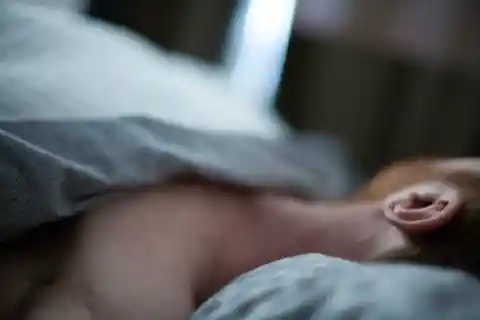
Not a doctor or even a registered nurse, but I gave medication to the wrong patient in a care home once. I was working as a care aide, and it was during my first few weeks at work. I phoned the administrator, the pharmacist, and the family. I felt really, really bad but other than being really sleepy, the resident suffered no ill effects.
What astonished me about the whole thing was just how graceful they were about it. No grudges, no ill-will, just a plain old “these things happen” kind of attitude. We’re not always so lucky with residents and their families. I’d have completely understood if they lost their minds over it. The resident joked with me for a few weeks about how it was the best sleep they’d had in years. Reddit user: warmhandswarmheart
She Never Blamed Me For What Happened
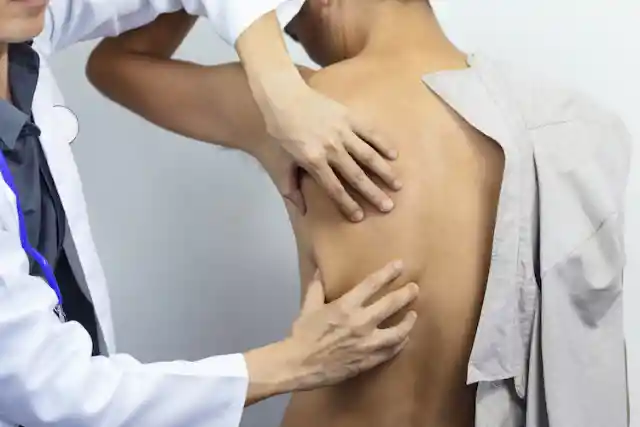
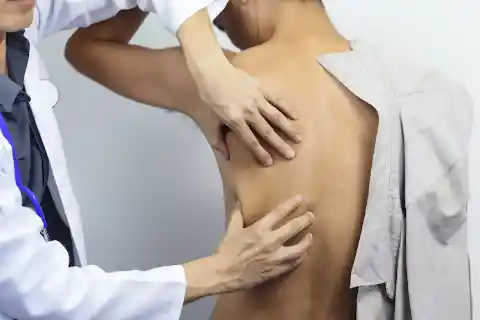
I’m not a doctor, but I’m an EMT. While doing my EMT clinicals I was observing a spinal tap in a patient. I figured it’d be really cool. I’d get to see a crazy precise procedure. The doctor starts tapping the metal rod in and I start feeling hot. And I mean blazing hot. The doc slid out the inner rod and left the outer tube in the patient’s back. Another tap, and clear fluid started pouring out. Still, I’m feeling really hot.
Suddenly, I passed out and knocked the doctor over while he had his hands on the patient. I woke up in the break room, lying on my back, with a few concerned students sitting nearby. Luckily I didn’t harm the patient in any way. That is my biggest mess up. In a hospital, anyway. I’ve made plenty of mistakes as an EMT, but that was the only time I ever passed out. Reddit user: [redacted]
The Last Thing You Want To Hear
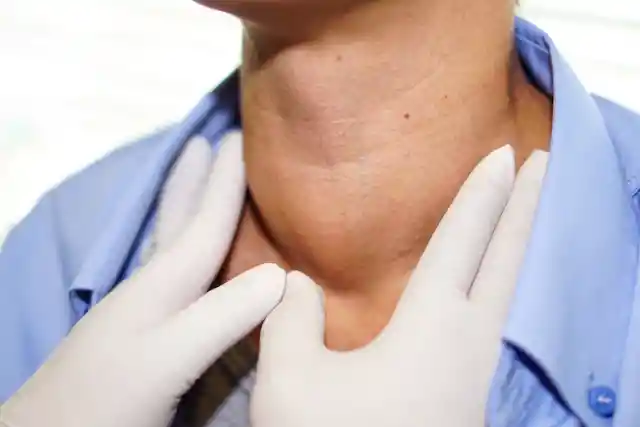
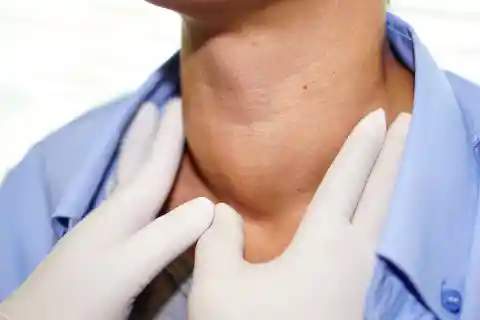
As a very young doctor in training, I misdiagnosed a woman with epilepsy. A few years after that, she began to have spells which included bizarre sensations, altered awareness, and a pounding in her chest. She had to sit down, stop what she was doing, and couldn’t speak when it happened. These were odd spells, and I assumed she’d developed frontal lobe epilepsy from the scar on her brain.
Increasing doses of anti-seizure meds seemed to work initially, but then the spells came back. A couple years after my diagnosis, her endocrinologist – who treated her for diabetes mellitus –checked her thyroid. It was super-high. The spells were manifestations of hyperthyroidism. She got on thyroid replacement therapy and felt well thereafter.
No permanent harm was done, and she was able to come off the anti-epilepsy drugs. The lady was an employee of the hospital where I trained. One day she gave me a hug and let me know how this had all gone down. She made a point of wanting me to know she didn’t blame me, “because I always seemed to care about her and what happened to her.”
It was SO awkward, but it made me feel better. I think about her – how I screwed up her diagnosis and set back her care – almost every day. I’m a much better diagnostician now, but I always remember this case and it reminds me not to get cocky or be too sure that my working diagnosis is correct. Reddit user: brainotron
There Was One Missing
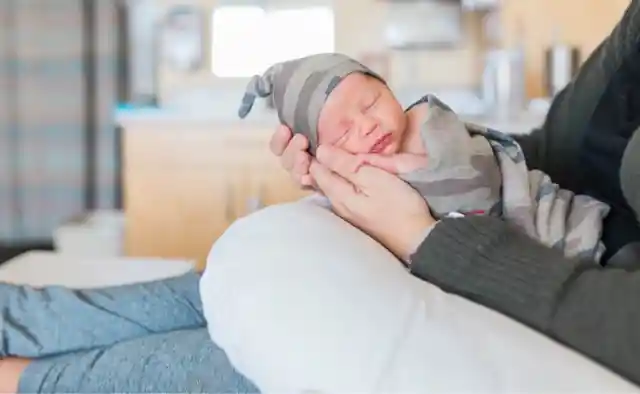
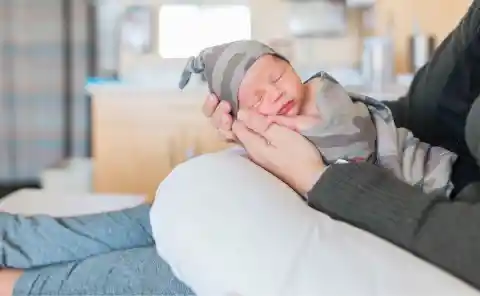
Not me, but my mom. She just retired after a career as an OB/GYN and she told me about a time, early on in her career, when she almost ruined the operation. She was performing a C-section, I think, and she dropped her scalpel on the floor. Before she could think, she blurted out, “Oh, no.” It was a total knee-jerk reaction.
The mother, thinking something was wrong with the baby, started panicking. It took a team of nurses, the husband, and the mother of the patient to calm her down. My mom says that she’ll always feel horrible about that. The baby and mother were fine, but can you imagine hearing “Oh, no” during that kind of operation? Yikes. Poor mom – both mine, and the mom on the table. Reddit user: monstercello
He Almost Didn’t Make It


Fun story: while my wife was having her C-section for our daughter, she overheard one of the nurses say “There’s only nine,” and my wife thought they were talking about my daughter’s fingers or toes. So, she’s freaking out that our daughter is missing a finger or toe, and I keep assuring her that our daughter was perfect, which she was.
We found out about 10 minutes later that the nurse was talking about the surgical tools that were supposed to be accounted for, and one of them was missing. So my wife got to spend the next two hours in x-ray because they thought they had left a tool inside when stitched her up. They found the missing tool – not inside my wife – a couple hours later, so that was a relief. Reddit user: [redacted]
We Found It 17 Years Later
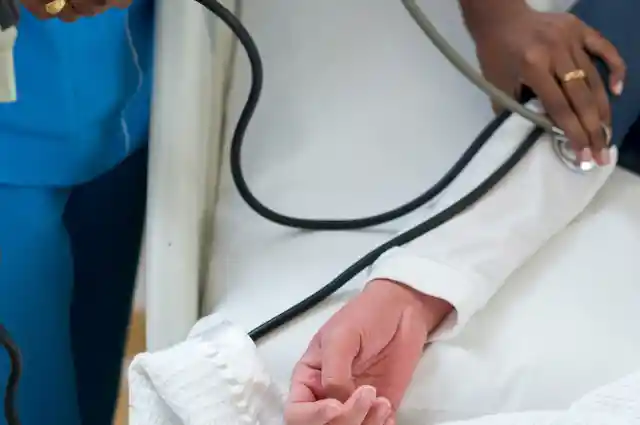
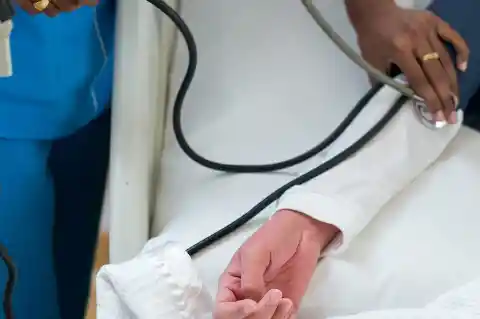
When I was a medical student, I was on a vascular surgery rotation, and a patient came in with aortitis – a rare and extremely severe infection of the aorta. However, he was doing pretty well and we were treating the infection conservatively with antibiotics, and hoping we wouldn’t have to operate. My job on the team was to take the patient’s vitals a couple of times a day, and examine them to see how they were doing.
When I went to examine this guy, he was lying flat on his back, so I said I’d sit him up in bed to take his blood pressure. I raised the head of the bed, and a few seconds later he started to complain of severe pain, and passed out straight after that. He was taken straight to the operating theatre and opened up. It then became apparent that his aorta had ruptured due to the increase in abdominal pressure when I sat him up. He almost didn’t make it. Oops? Reddit user: [redacted]
It’s The Mistakes You Don’t Know About
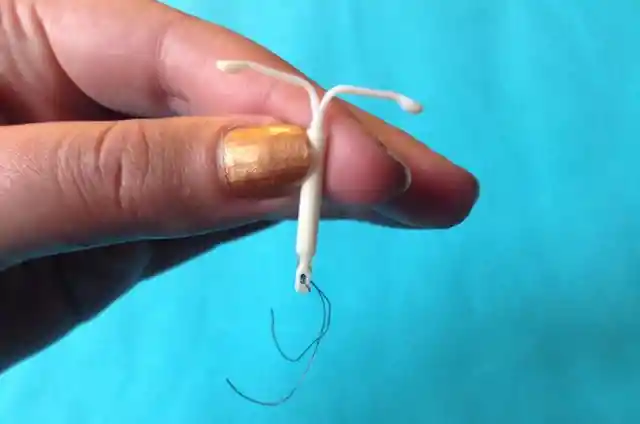
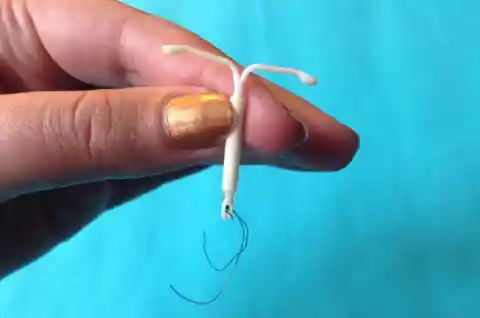
I saw a patient once, years ago, for abdominal pain. She’d had an IUD placed back in the 70’s, one called a Dalkon Shield. Upon follow up, the GYN couldn’t find the string, so he told her she must have passed it. Turns out she’d passed it, alright. We found it in the retroperitoneal space near her right kidney … 17 years later. That was an awkward conversation.
She so desperately wanted to sue the original doctor, who had placed it, but he’d retired and no one knew where he was. I’ve heard a lot of horror stories from that time period about almost the exact same thing. The doctor can’t find what they’re looking for, so they just assume that the patient “passed it,” only for a new doctor to find decades later in another part of the body. Reddit user: MatrixPA
I Was The One Who Had To Tell Her
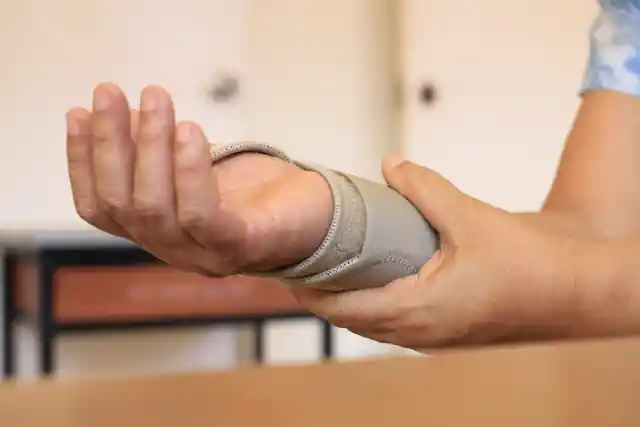
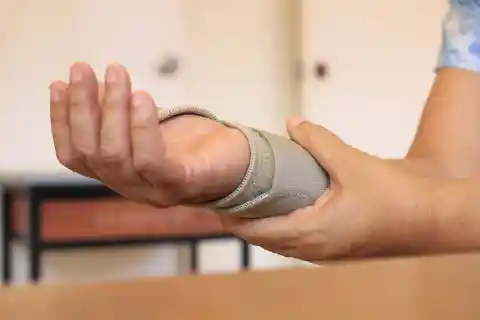
ER PA (physician’s assistant) here. I’ve made lots of mistakes, but the biggest one I can think of offhand is missing an open (compound) fracture. The guy ended up needing surgery, and had to be put on antibiotics before his wrist was repaired. Whoops. I’ve had so many that I sent home after a specialty consult only to have them pass away a week or two later.
Sometimes there’s nothing we can do, but the scary thing isn’t the mistake you know you made – it’s the ones you never discover or learn from. It might sound callous to say, but when I make a mistake I take comfort in the fact that I get to learn, so that I never make the same mistake again. I’ve known so many doctors, nurses, and fellow PA’s who’ve let a mistake destroy them. Reddit user: NicholasCageHairClub
The Peanut Gallery Knows A Few Things


I had a patient who missed her follow-up. Pathology showed colon cancer, but somehow she was never called by the clinic to reschedule, nor did she call in herself. So, she got no treatment whatsoever. She came back one year later for repeat consultation. I read her chart and discovered the oversight. I felt so bad for her.
I actually have no idea what happened to her. My manager and her specialist took it from there. I just remember the worst “uh-oh” feeling I’ve ever had in my life so far. What made it even more “uh-oh” was that I was the one who had to explain that she really should have had a follow-up a year ago. I got to watch her eyes get round and her face turn white. It wasn’t even my original mistake. Reddit user: Kartinka
That Was An Uncomfortable Conversation
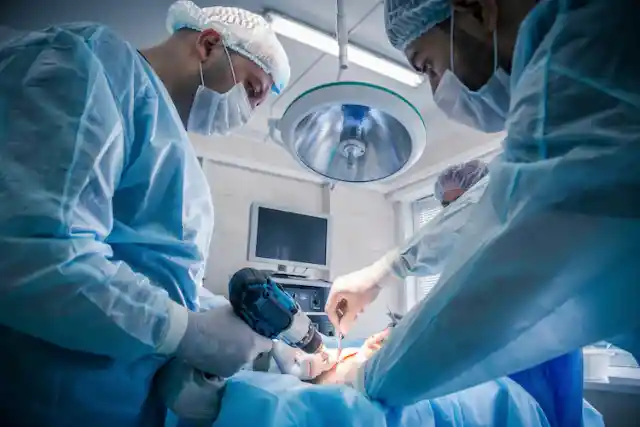
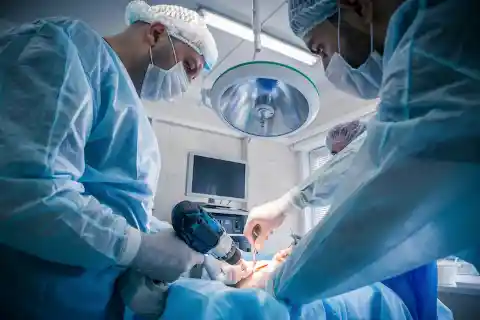
A few years ago I worked for a medical device company and got to observe an invasive surgical procedure on a patient’s brain. My co-worker, who had observed 30+ times, recommended to the surgeon to increase the patient’s posture angle to 60 degrees rather than 45.
The surgeon ignored the advice. Fair. We were technically the peanut gallery. Fast forward about 50 minutes, and the surgeon takes a bad drill angle, and pulls the drill out too soon before the brain’s internal pressures can even out naturally. The human brain is floating in cerebral fluid, so you can probably imagine what happened next.
Not only is this a chemical hazard nightmare, but it’s not at all fun to watch. Moral of the story? Sometimes it pays to listen to the peanut gallery. Occasionally, we do actually observe enough to make an informed suggestion. I’ll bet that investigation was really awkward for the surgeon. Reddit user: Decker87
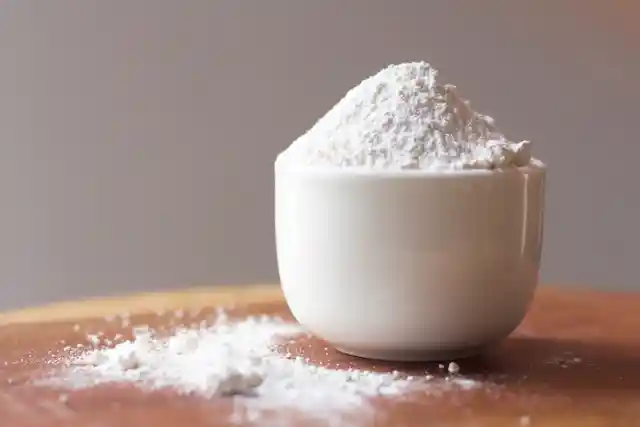
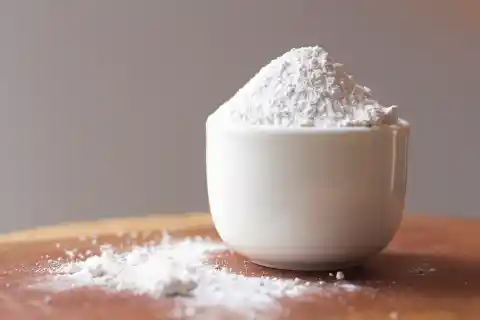
Medical scientist here. I once missed an incorrect low calcium reading on a patient’s blood biochemistry. The clinician responsible for the patient didn’t query it, despite it being clearly an error, and infused the patient with calcium. Fortunately, the patient was fine, but this is still too close a call for comfort. I now know to check everything twice.
It might not sound like a big deal, but it can have disastrous effects on your health to have too much calcium in your blood. It can give you hypercalcemia, which can weaken your bones, cause kidney stones (ouch), and even interfere with your heart and brain functions. Obviously, it was a pretty uncomfortable conversation with the patient. Reddit user: daveofreckoning